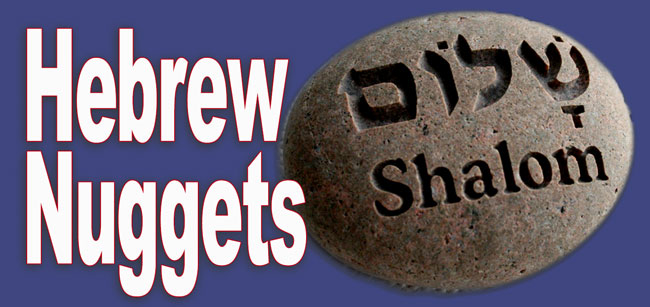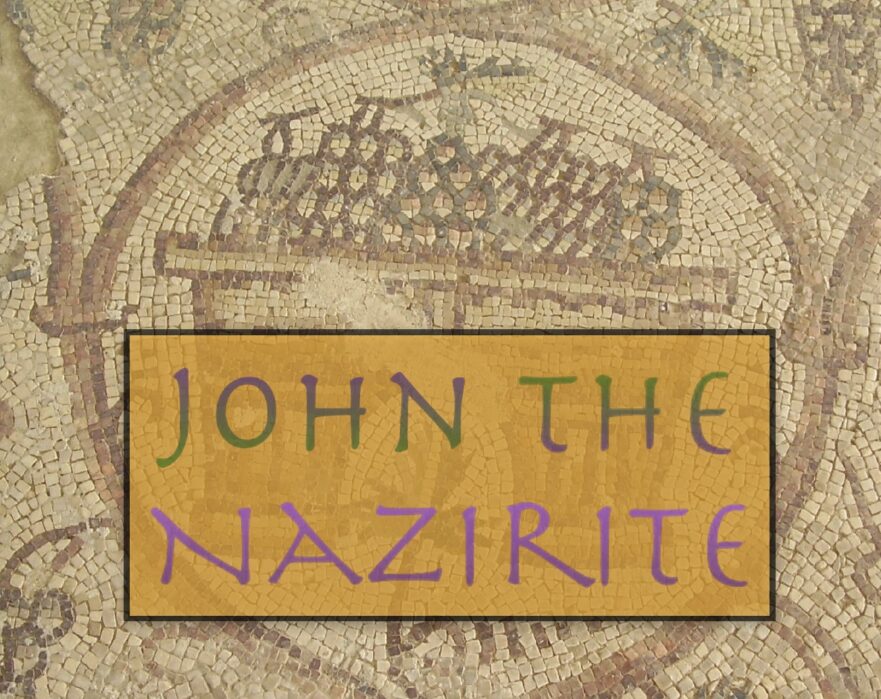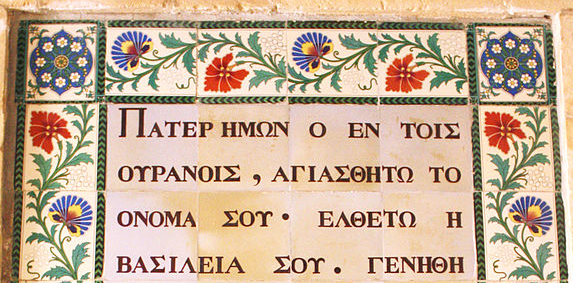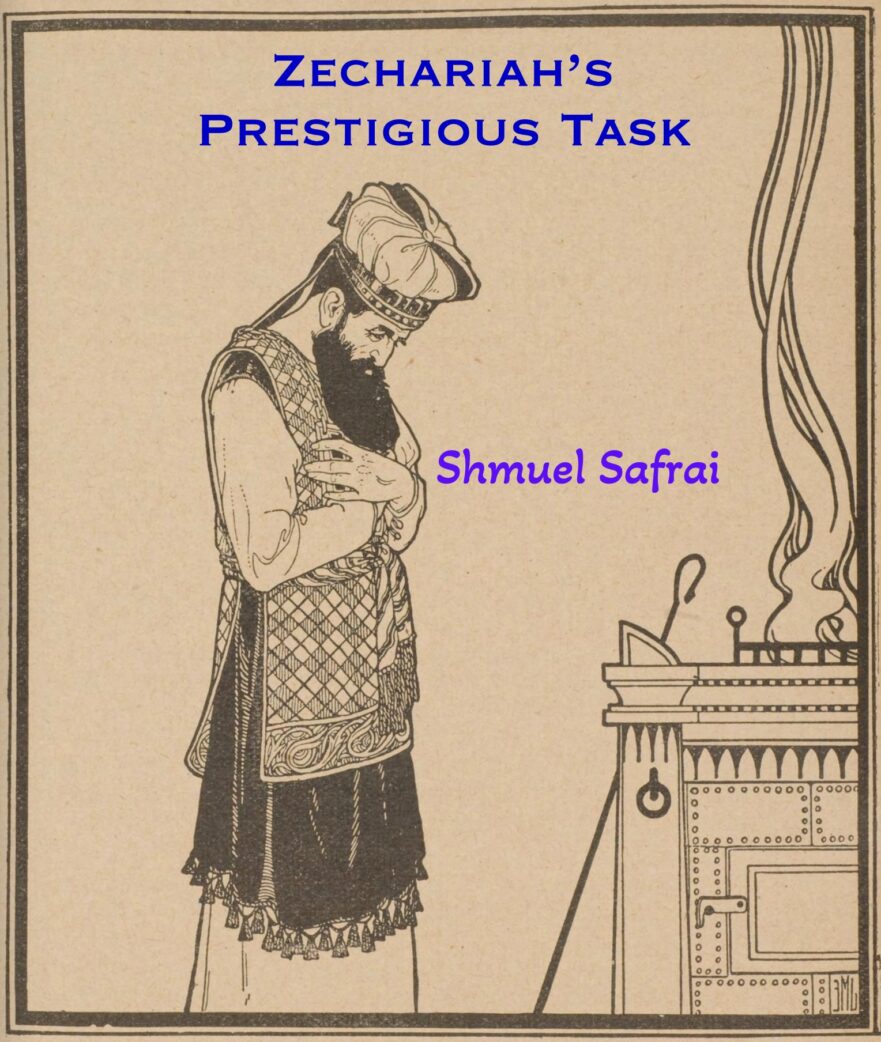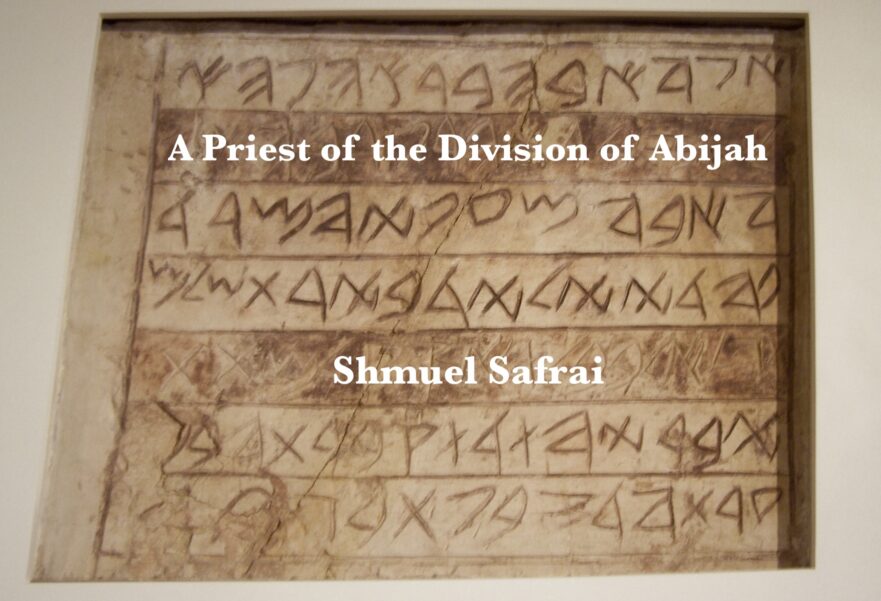To access this post, you must purchase Hebrew Nuggets access, JP Premium Membership or Friend of JP.
Jesus’ Education
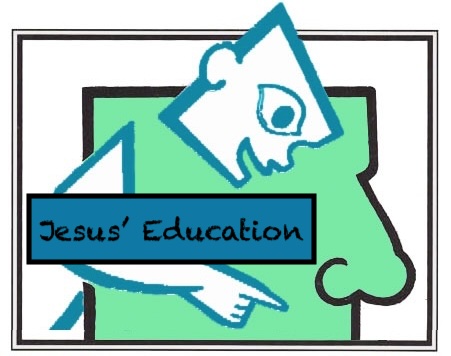
One can form a reasonably accurate picture of what Jesus was doing in his childhood and adolescence.
First-century Discipleship
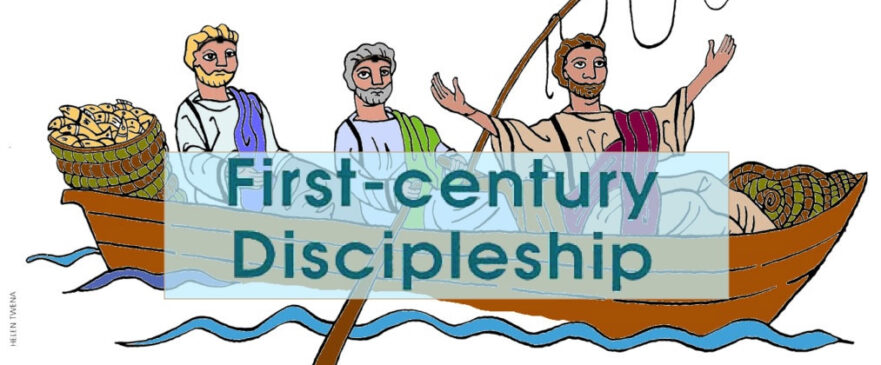
Like other sages of his time, Jesus demanded his disciples’ total commitment. They were to put the “kingdom of Heaven” (Jesus’ band of full-time disciples) before all else. They were to “hate,” that is, put second, father, mother, wife, children, brothers, sisters, and themselves, as well (Luke 14:26). Following Jesus to learn Torah from him was to take precedence over every other endeavor.

